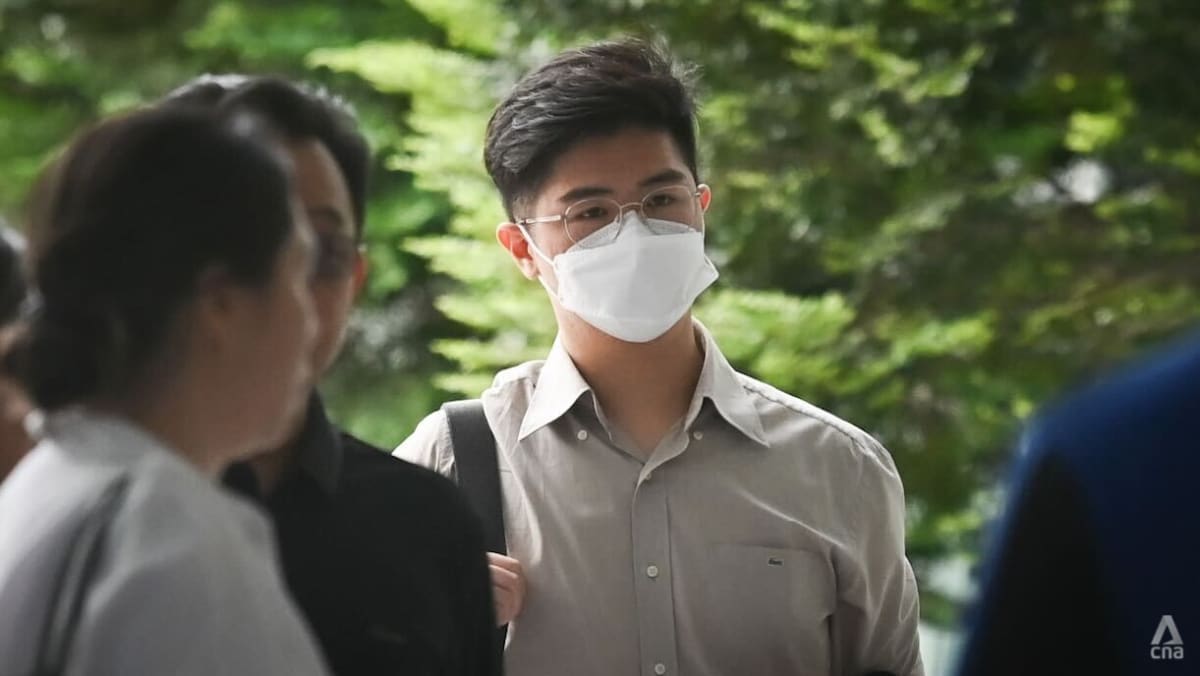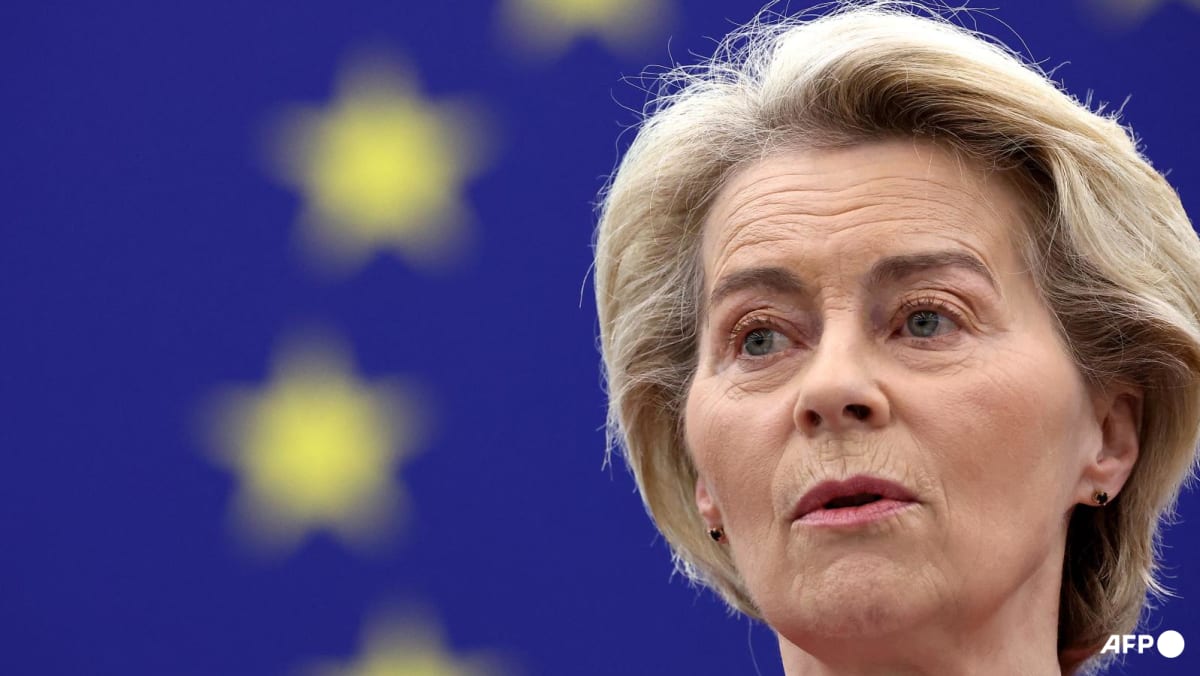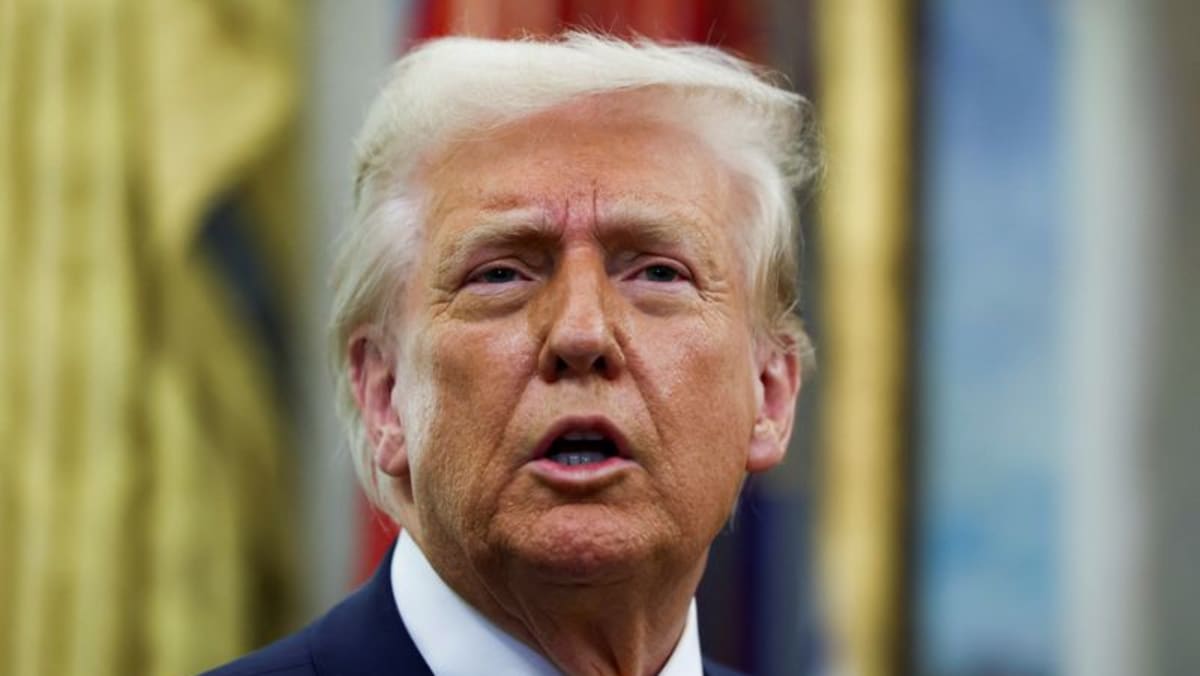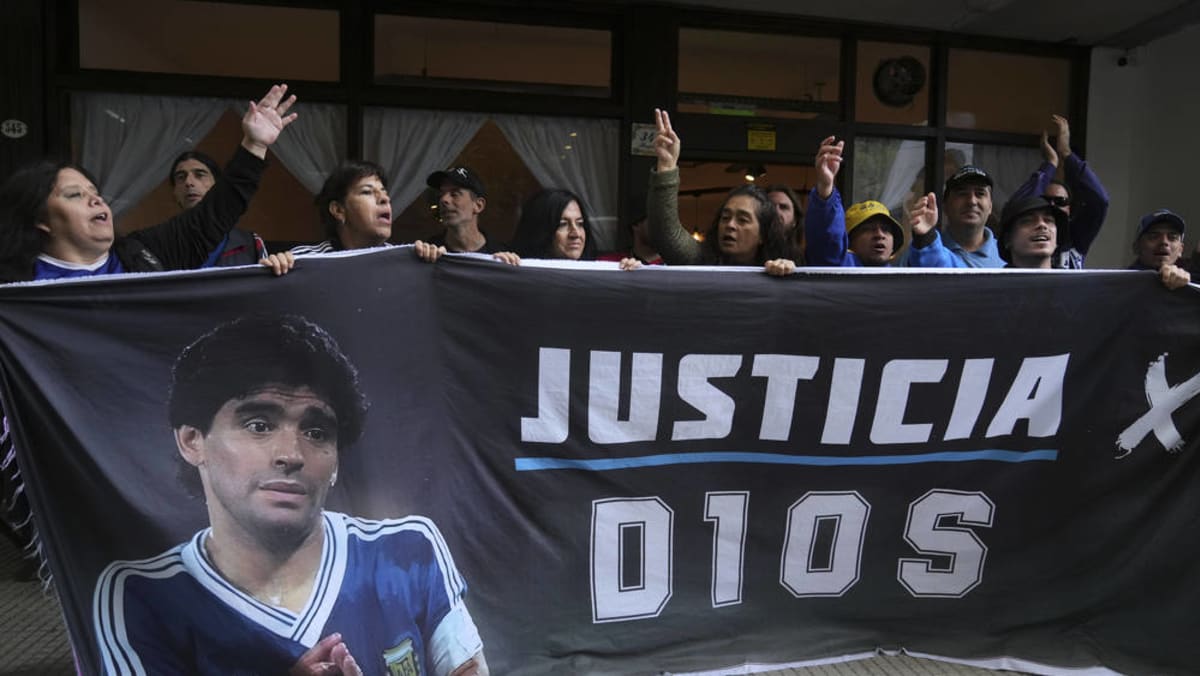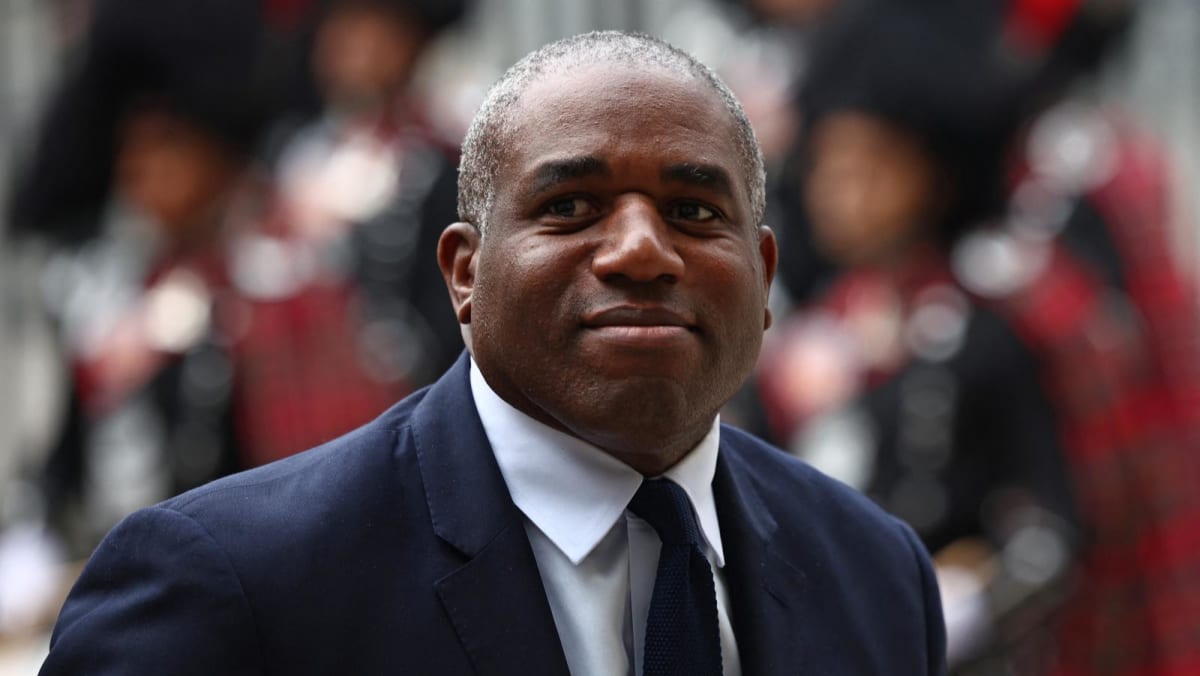SEEKING A BETTER LIFE
Trump’s attempts to rewrite the law also target people on tourist, student, and work visas like the H1B, which allows US employers to hire foreign workers in so-called specialty occupations.
In 2022, Washington-based think tank Pew Research estimated that the US had over 30 million immigrant workers. Of these, a third – or 22.2 million – were on legal work visas like the H1B.
Trump’s executive order would apply to all of them, if it overcomes the legal pushback.
Rosa Diaz, an immigrant rights advocate in Harlem, New York, noted that Trump’s move is yet another attack on people who came here seeking a better life.
“That is just nonsense,” she said. “If you’re born in the United States, you’re entitled. You are an American.”
Some observers argued that it would take a Constitutional amendment to end birthright citizenship, which would then require two-thirds of the US Congress and approval by three-quarters of state legislatures.
But the cumbersome process would likely take years. No amendment has passed since 1992.
The other route to legitimising the order would be via the Supreme Court, but that would involve overturning its own precedent.
“It’s conceivable that the Supreme Court could adopt a theory well outside the mainstream and overturn its own precedent and decide the opposite,” said Fordham University’s Gordon.
“I think that’s unlikely, but I wouldn’t say it’s impossible.”

